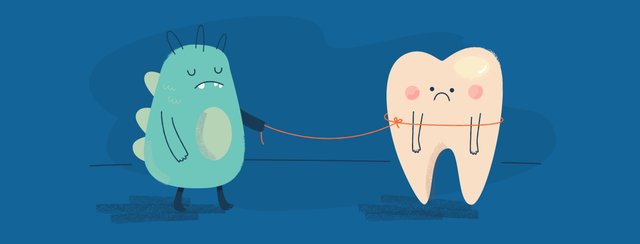
Psoriatic arthritis (PsA) is an autoimmune illness that affects and damages the joints of the hands, feet, wrists, knees, neck, and spine. It can, however, impact your jaw's temporomandibular joint (TMJ).
You have two temporomandibular joints in front of your ears, one on each side of your head. Your TMJ is the joint that links your jawbone to your skull. It acts as a hinge, allowing your jaw to open and close.
Temporomandibular joint disorder (TMD) is a term used to describe problems with the TMJ. TMD causes jaw pain and makes it difficult to move your jaw.
TMD affects up to 35% of persons with PsA, according to reliable sources. TMD symptoms may be more severe if you have PsA.
It's difficult to eat and enjoy meals when you have TMJ pain. If you do not get treatment, you may suffer long-term damage to your jaw. That's why it's critical to inform your dentist and rheumatologist if you're experiencing joint pain or other TMD symptoms.
Psoriatic Arthritis and Jaw Pain
TMJ pain can be caused by PsA. It usually starts early in the morning or late in the afternoon. When you chew, it may hurt even worse.
The discomfort in your jaw might spread to other areas of your face, as well as your shoulder, neck, and back. Headaches and earaches are reported by some TMD sufferers.
TMD causes you to clench or tighten your jaw. As a result, clenching exacerbates TMD. Your TMJ may eventually get entirely worn out, requiring surgery.Я
How Can PsA Impact Dental Implants?
Dental implants are used to replace missing teeth. These synthetic roots are inserted into your jawbone to support crowns, which are prosthetic teeth.
It's possible that the biologic drugs you're taking to treat PsA will interfere with dental implant surgery. These medications suppress your immune system, increasing your risk of illness.
To avoid infection, you may need to alter arthritis medications or take antibiotics before oral surgery.
It's unclear whether PsA increases the risk of dental implant failure. Even so, it's a good idea to tell your dentist about your PsA before having any operation.
How to Treat The Problem
Anti-inflammatory and disease-modifying antirheumatic medications (DMARDs), which are used to treat PsA, can also help to avoid jaw injury. These drugs reduce inflammation, which relieves pain and protects your joints.
Physical therapy is another option for TMD treatment. The therapist can show you how to stretch and strengthen the muscles that support your jaw. You'll also learn how to keep your head and neck in better posture so that your jaw isn't overworked.
Surgery for TMD is uncommon, but it may be necessary if conventional treatments fail to alleviate your symptoms.
Arthroplasty is performed by a series of tiny incisions. Scars and thick regions of tissue that restrict your jaw from opening and closing properly are removed by the surgeon.
If the surgeon needs to repair or replace the injured joint, open surgery may be a possibility. However, open surgery is riskier than arthroplasty and should only be used when absolutely necessary.
The Bottom Line
TMD should be treated as soon as possible to avoid long-term joint damage.
If you detect any clicking, popping, or pain in your jaw, consult a dentist as well as your PsA rheumatologist. They may refer you to an oral and maxillofacial surgeon for treatment.
Gum disease can be avoided by maintaining adequate dental hygiene. To remove food particles between your teeth, brush after each meal and floss once a day. Check-in with your dentist on a regular basis.
Tell your surgeon if you have PsA if you plan to have oral surgery. To avoid infection and other consequences, you may need to take antibiotics or take additional precautions.